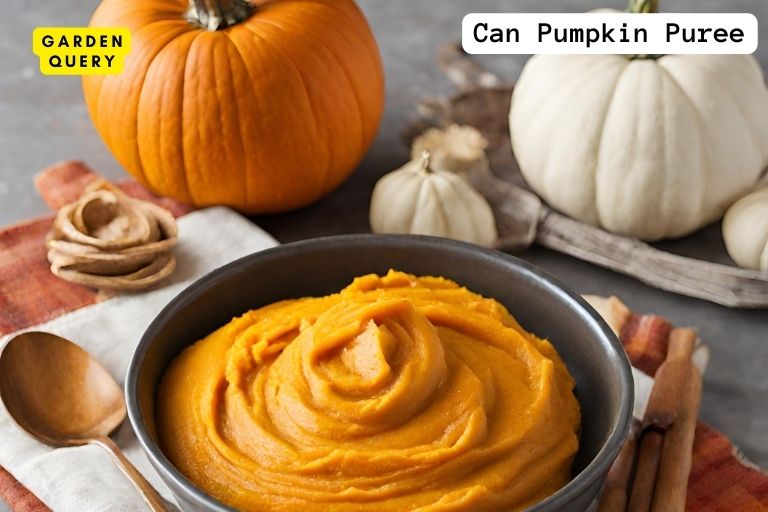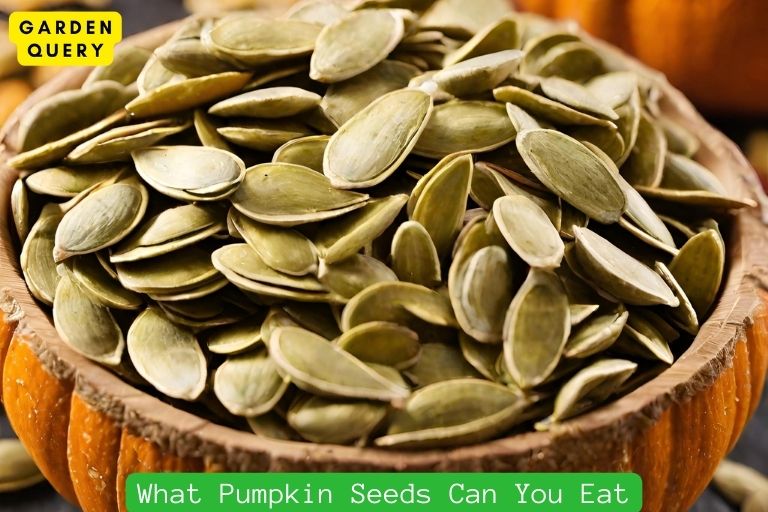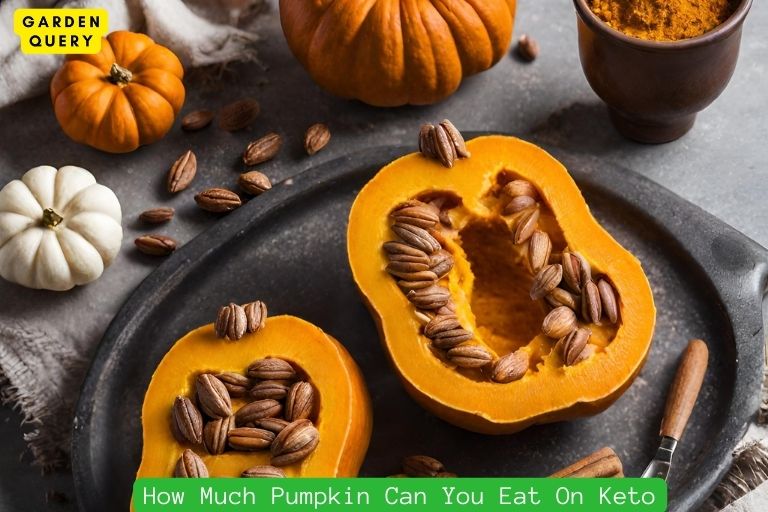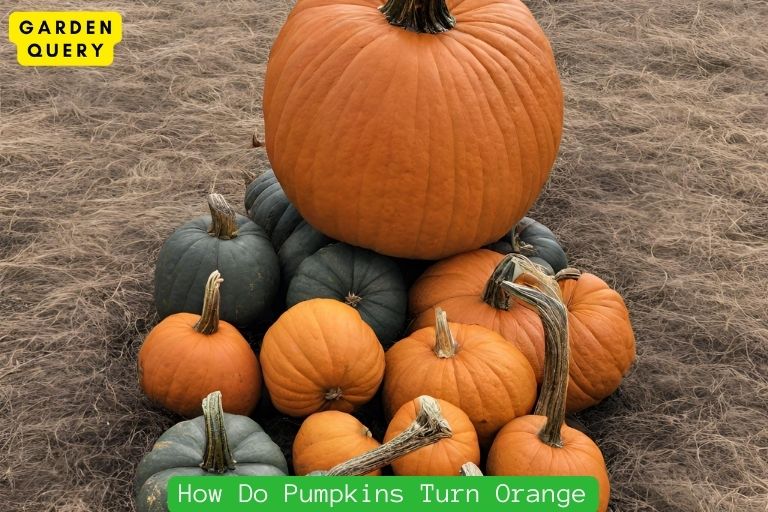Are Pumpkin Seeds Fattening?
Pumpkin Seeds Fattening
Introduction
As the fall season approaches, you may find yourself indulging in various pumpkin-inspired treats, including pumpkin seeds. But have you ever wondered if these crunchy snacks are fattening? Let’s dive into the nutritional facts to find out.
What are pumpkin seeds?
Pumpkin seeds, also known as pepitas, are the edible seeds of pumpkins. They are often removed from the inside of a pumpkin, washed, dried, and roasted to enhance their flavor and crunchiness.
Pumpkin seeds can be enjoyed as a healthy snack or used as a topping for salads, soups, or baked goods.
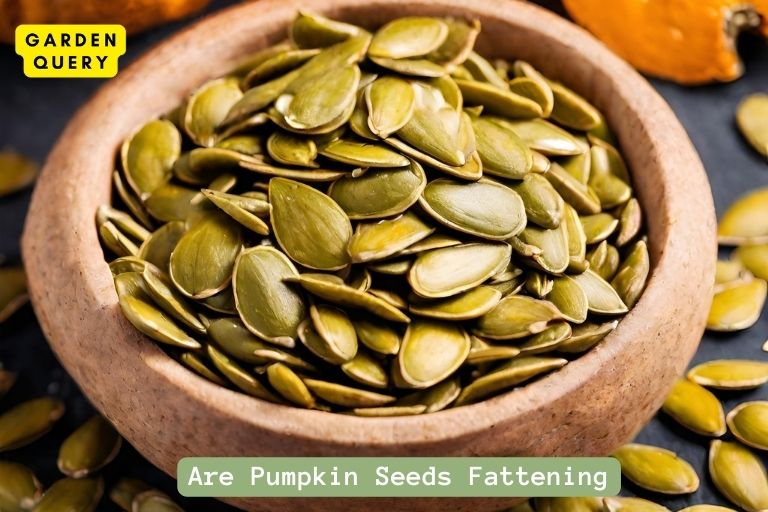
Nutritional value of pumpkin seeds
Pumpkin seeds are not only tasty but also packed with essential nutrients.
Here’s a breakdown of the nutritional value of pumpkin seeds per 1 ounce (28 grams):
In summary, while pumpkin seeds do contain calories and fat, they offer a wide array of nutritional benefits. When consumed in moderation as part of a balanced diet, pumpkin seeds can be a healthy addition to your snacking routine.
Remember to consider portion sizes and choose roasted or raw pumpkin seeds without added salt or sugar for the healthiest option.
Ultimately, maintaining a healthy weight and promoting overall well-being relies on a combination of factors, including a balanced diet, regular physical activity, and portion control. So go ahead and enjoy some delicious pumpkin seeds guilt-free
Are Pumpkin Seeds Fattening?
With their rich flavor and nutritional profile, many people wonder if consuming pumpkin seeds can contribute to weight gain.
Caloric Content of Pumpkin Seeds
Pumpkin seeds are relatively high in calories but also contain various nutrients that are beneficial for overall health. A one-ounce serving of pumpkin seeds, which is equivalent to approximately 140 seeds, contains around 151 calories.
However, it’s important to note that the nutritional content may vary slightly depending on the brand and preparation method.
These elements can contribute to feelings of fullness and satiety, which may help prevent overeating and aid in weight management.
Effects of Consuming Too Many Calories
Consuming more calories than your body needs on a regular basis can lead to weight gain over time. When you consistently consume more calories than you burn, the excess energy is stored as fat, resulting in gradual weight gain.
However, it’s important to maintain a balanced diet that includes a variety of foods to support overall health.
To prevent excessive calorie intake, it’s essential to be mindful of portion sizes when consuming pumpkin seeds. Enjoying a handful of pumpkin seeds as a snack or adding them as a topping to salads, yogurt, or oatmeal can provide a nutritious boost to your diet without significantly contributing to weight gain.
Incorporating a variety of nutrient-dense foods, such as fruits, vegetables, whole grains, lean proteins, and healthy fats, is essential for maintaining a healthy weight and overall well-being.
Consuming pumpkin seeds in moderation and being mindful of portion sizes is key to preventing excessive calorie intake.
Can pumpkin seeds contribute to weight gain?
When it comes to maintaining a healthy weight, it’s important to consider the calorie content of the foods we consume.
Role of calories in weight gain
Weight gain occurs when we consume more calories than we burn. Calories are units of energy that our bodies need to function properly. If we consistently eat more calories than our bodies require, the excess energy is stored as fat, leading to weight gain.
Factors that can influence weight gain
There are several factors that can influence whether pumpkin seeds contribute to weight gain or not:
In conclusion, consuming pumpkin seeds alone is unlikely to contribute to weight gain. The key is moderation and incorporating them into a well-balanced diet.
It’s important to be mindful of portion sizes and consider the overall calorie content of your diet, as well as engaging in regular physical activity.
Are pumpkin seeds high in fat?
Fat content in pumpkin seeds
However, there is a common concern about their fat content and whether they can contribute to weight gain.
One ounce (28 grams) of pumpkin seeds contains approximately 13 grams of fat, making up about 46% of the total calorie content.
Different types of fats and their effects on the body
Unsaturated fats can help improve cholesterol levels, reduce inflammation, and support overall heart health.
There are two main types of unsaturated fats found in pumpkin seeds: monounsaturated fats and polyunsaturated fats. Monounsaturated fats have been linked to a reduced risk of heart disease and can help improve insulin sensitivity. Polyunsaturated fats, on the other hand, are essential fats that play a crucial role in brain function and cell growth.
These fats can help the body absorb fat-soluble vitamins, support hormone production, and provide long-lasting energy. These nutrients can help promote feelings of fullness and support weight management.
They contain primarily healthy unsaturated fats, which can provide numerous health benefits when consumed as part of a well-rounded diet.
Enjoy pumpkin seeds in moderation as a nutritious snack or incorporate them into your meals for added flavor and nutritional value.
Are pumpkin seeds good for weight loss?
Potential benefits of pumpkin seeds in a weight loss diet
Pumpkin seeds, also known as pepitas, have gained popularity in recent years due to their potential health benefits. But are these nutrient-packed seeds a good choice for those looking to shed a few pounds? Let’s take a closer look.
They are an excellent source of magnesium, which plays a crucial role in energy production and can help regulate blood sugar levels.
Furthermore, pumpkin seeds are packed with antioxidants, such as vitamin E and carotenoids, which can help protect the body against inflammation and oxidative stress. This is important for overall health, as chronic inflammation has been linked to weight gain and obesity-related diseases.
Incorporating pumpkin seeds into a balanced eating plan
Like all foods, they should be consumed in moderation.
Here are some tips for incorporating pumpkin seeds into a balanced eating plan:
Remember to always consider your overall calorie intake and choose a variety of foods to ensure you’re getting a well-rounded diet.
While pumpkin seeds can be beneficial for weight loss, they should be eaten as part of a balanced eating plan that includes a variety of nutrient-dense foods.
They can help control appetite, support a healthy metabolism, and provide antioxidants that protect against inflammation. Incorporate them into your diet in moderation and enjoy their many nutritional benefits.
- Best Therapists In Dallas - February 1, 2024
- Holly Willoughby Husband: Holly Willoughby’s Love Story - January 30, 2024
- Holly Willoughby Dress: 5 Style Secrets and 7 Must-Know Career Milestones - January 30, 2024
